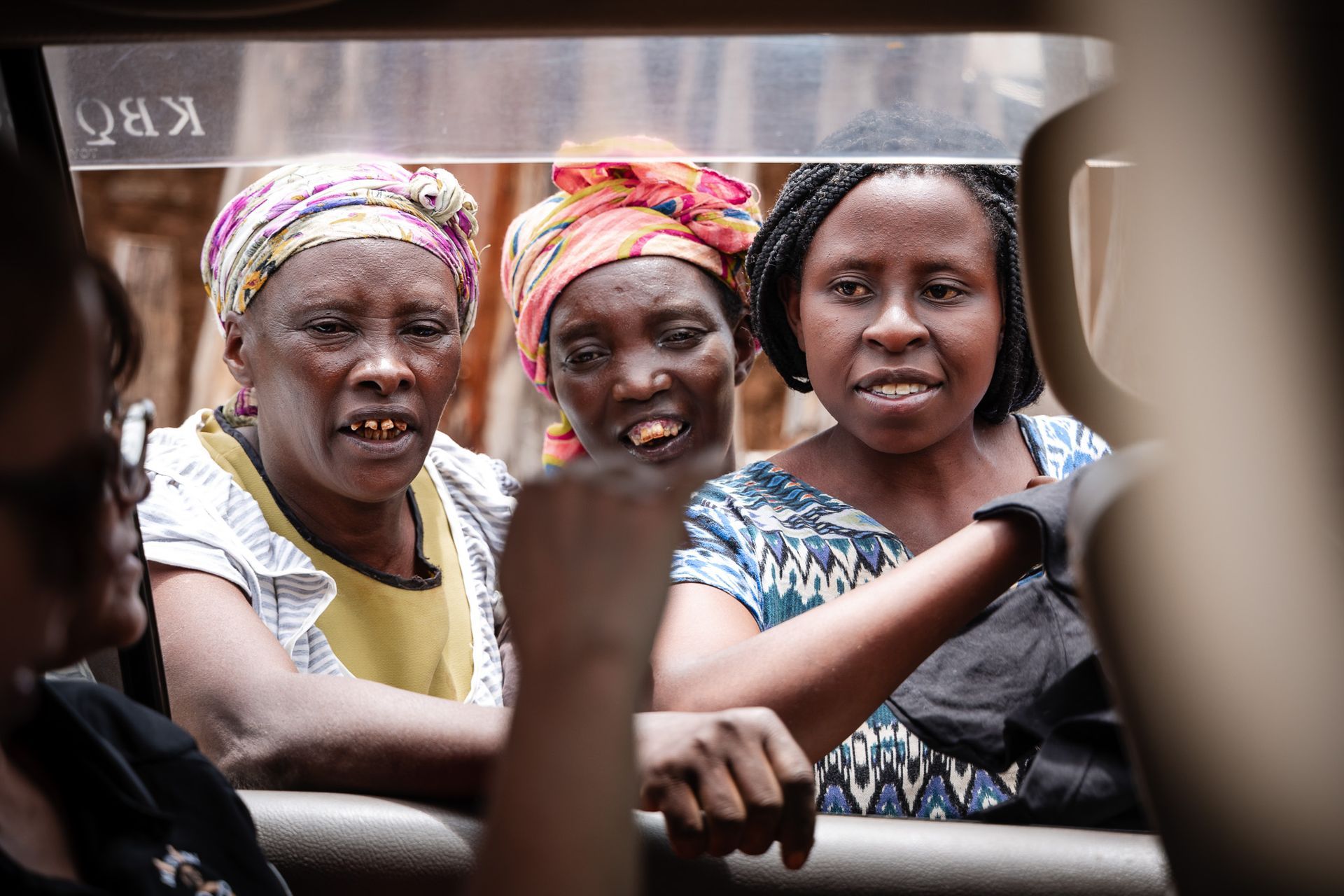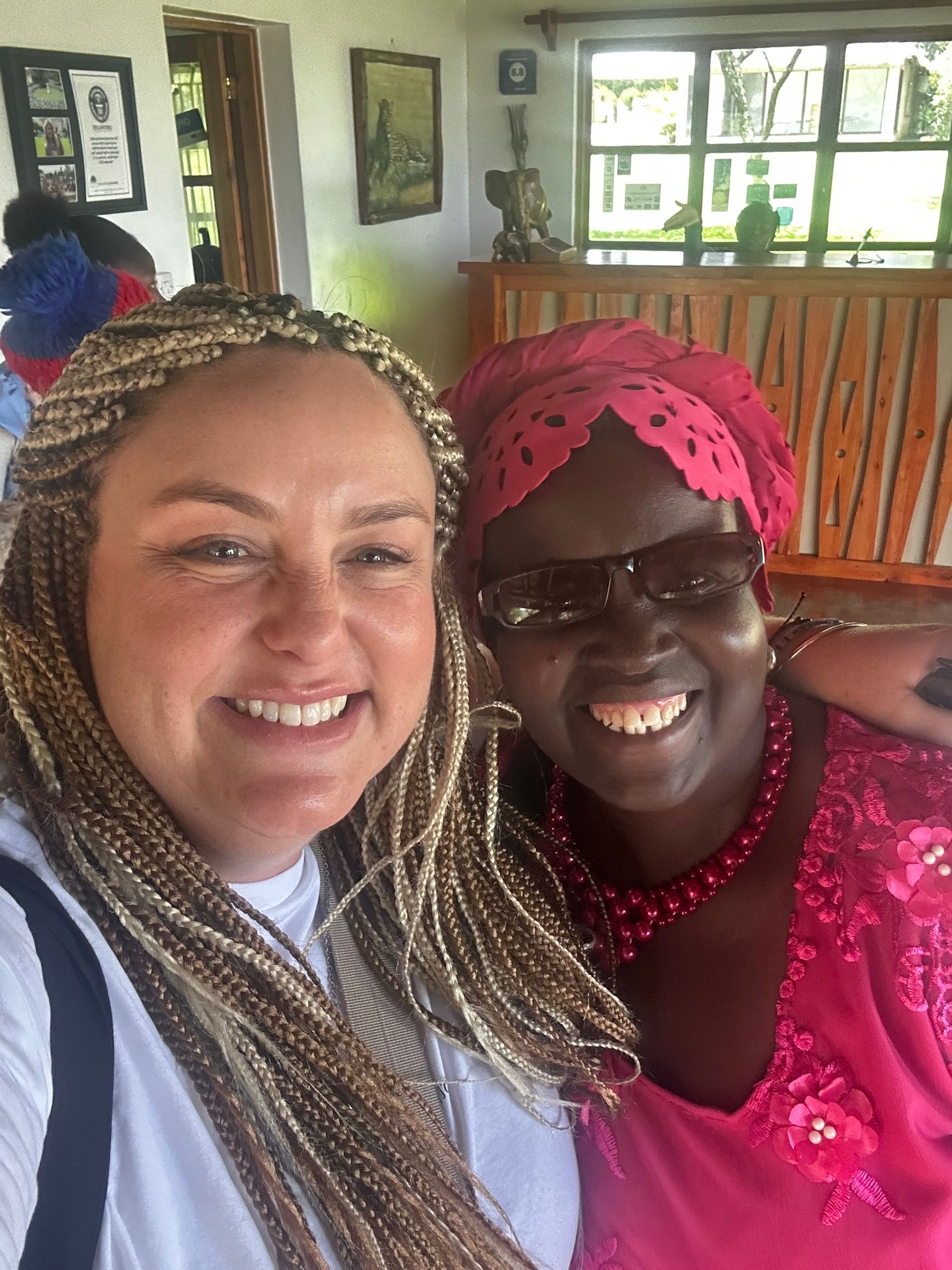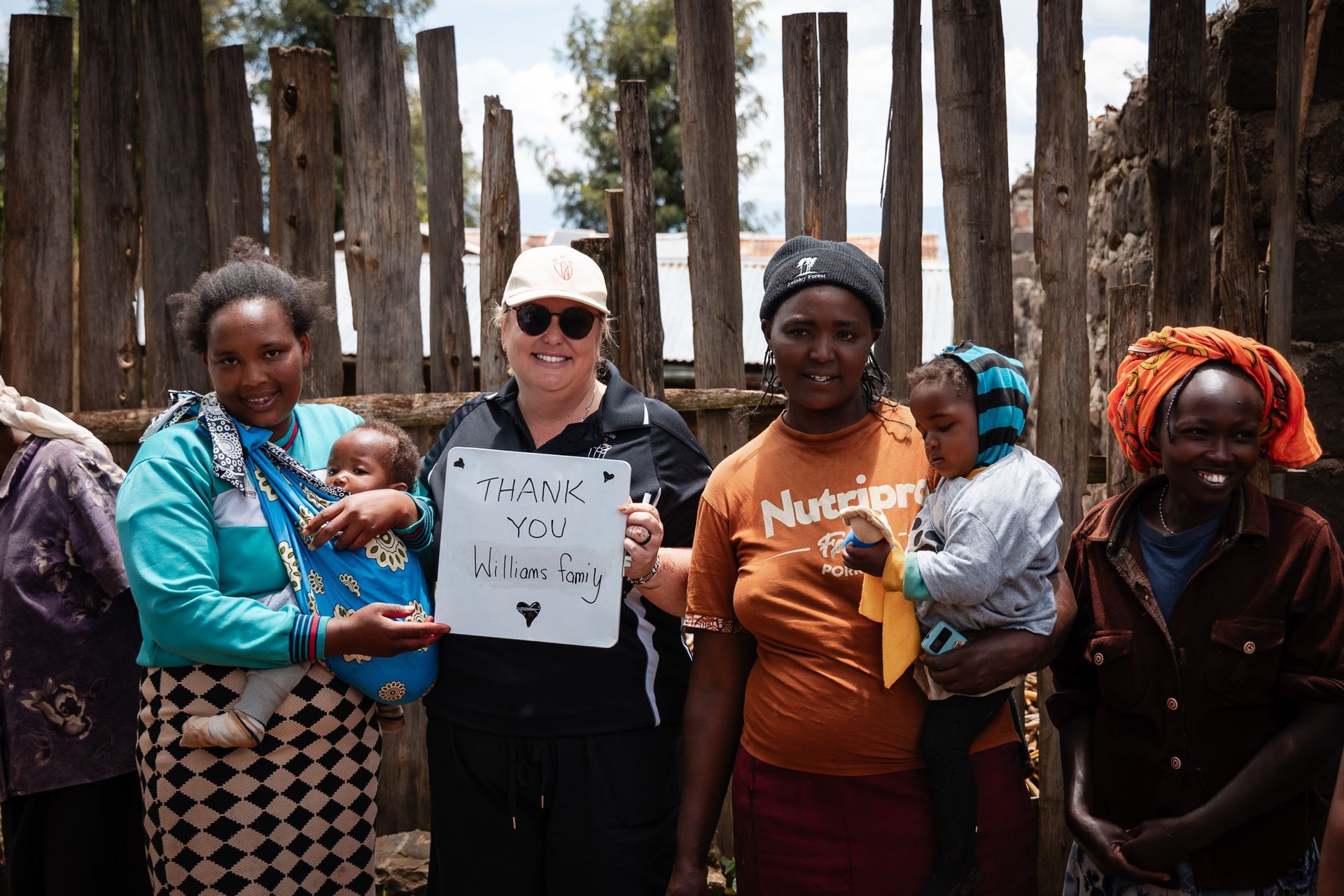Spending time in Kenya has been one of the most humbling and rewarding experiences of my life. The warmth, resilience, and generosity of the people is unmatched. There's an unspoken strength in the way communities come together, care for one another, and welcome you in as if you’ve always been part of their lives.
The culture is full of life, vibrant, family-centered, and deeply rooted in tradition and storytelling. And while you may arrive thinking you’re there to help, what often happens is this: you learn, you grow, and you’re changed in the process.
But it’s not all sunshine and safaris. There’s another side to Kenya, a difficult and confronting reality that sits just beneath the surface.
Many communities face the daily challenges of poverty, lack of access to healthcare and education, and unemployment. Women, in particular, face a disproportionate burden — with limited opportunities, gender-based violence, and cultural expectations that often restrict their independence.
One of the most heart-wrenching realities is the issue of
child abandonment. Whether due to poverty, stigma, or desperation, too many children are left without family support, which is why places like
Mission In Action are so vital. They don’t just provide food and shelter; they offer love, stability, and a chance at a better future.
There is so much beauty in Kenya, but it is rooted in inequality, corruption, and systemic neglect. It’s important to acknowledge that. Because real change, the kind that empowers people and strengthens communities, starts with seeing the full picture, not just the postcard version.
And yes, you can make a difference. Whether you’re supporting education, lending your skills, helping build infrastructure, or simply showing up and being present, your efforts can contribute to meaningful, sustainable change — especially when guided by organisations that are already connected to and respected by the local community.
So, where to begin? Start with curiosity and your own self-reflection
Maybe it’s a story you heard, a country you’ve always wanted to visit, or a cause close to your heart. That’s where it begins.
What is your Why? What is your purpose for wanting to go on this adventure? Its so important to know this before you go, you want to ensure your expectations and the reality are aligned.
Once you have identified this, start your research, and then do more. Look into the different types of programs available: healthcare, education, conservation, women’s empowerment, and community development. Ask yourself what aligns with your skills, passions, and values.
Do Your Due Diligence
Not every overseas volunteering opportunity is created equal. Some are incredible. Others, even with good intentions, can do more harm than good. we have all seen reports about tourist trap,s and people simply get self-gratification of going to an orphanage whilst on holidays, taking pictures and leaving.
This is NOT what
volunteering overseas
is. Here are a few essential questions to ask before getting involved:
- Who runs the organisation?
- Who are they affiliated with, both within their local village or community and wider sponsors and partnershipss? What religious practices do they have? This is important so you can align with your own beliefs.
- What’s their impact on the ground? Many times you will find that well-meaning Westerners own places such as children's homes but only visit a couple of weeks a year. how does that impact the on-the-ground operations?
- Who is leading the place.
- Are they empowering local leadership or creating dependency? Empowerment should mean local-led, coupled with a hand up not a hand out.
- Do they work in genuine partnership with the community? What is their reputation like in the community? Do they have strong positive relationships? Who are their funders? who are they affiliated with on a day-to-day basis?
- Where does your money go? This is important to understand the basics, you do not need to review their detailed financials, but gain insight into overall funding, such as welfare, food etc., fundraising money.
Transparency and accountability matter. If an organisation can’t answer these questions, consider that a
red flag.
Ask Questions. Lots of Them.
Be inquisitive. A good organisation will welcome your questions. They’ll be proud to share their mission, their partnerships, and the tangible outcomes of their work.
Talk to past volunteers. Look for honest feedback. Be skeptical of slick marketing or picture-perfect websites that don’t provide real substance.
Speak Up, But Stay Grounded
When you’re volunteering, your fresh perspective can be valuable so speak up if you have ideas, observations. Sometimes, something that stands out to you could help improve the experience for others or even support the organisation’s mission in a small but meaningful way.
But also remember: you’re stepping into an existing system, often one that’s been built over years, sometimes generations. Don’t expect to change how everything is done. Your role is to contribute, not control. Offer your insight with respect and always listen more than you speak.
Change doesn’t always have to be big to be meaningful.
Take the Leap — With Open Eyes and an Open Heart
Once you’ve found a program that truly resonates with you, take the chance. Overseas volunteering isn’t always easy. It can be emotional, exhausting, and uncomfortable. But it’s also enriching, transformative, and eye-opening in the best possible way.
Final Thought: It’s Not About You — But You’ll Grow Anyway
I have seen too many well-meaning volunteers abroad not understand it isn’t about snapping a few good photos or checking a box on your bucket list. It’s about showing up with humility, offering your hands and heart, and being ready to learn just as much as you give.
So if you’re thinking about it, get involved. But do it mindfully, and do it right. You won't regret it.
And if you want to chat through ideas, ask questions, or hear more about my experience, I’m just a message away. Happy to help however I can.






